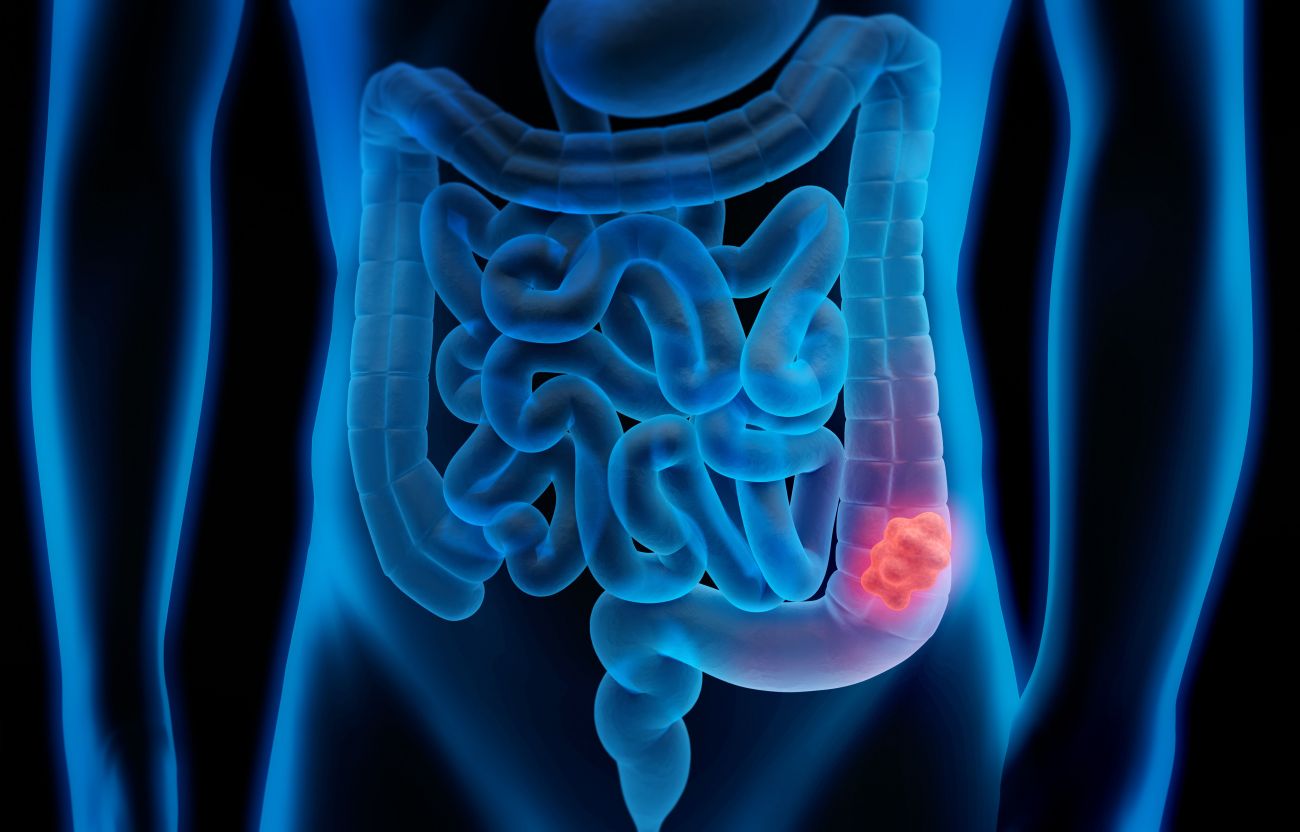Colorectal cancer in young adults is on the rise.
This diagnosis means that you need comprehensive cancer care from experts who treat cancers like yours, in young adult patients like you, every day.
Common symptoms of colon cancer
People with colon and rectal cancer may not experience any symptoms during the early stages of the disease, which is why screening tests such as colonoscopy are so important. (Screening detects signs of cancer before any symptoms appear.) If you experience any of the following symptoms, and they don’t resolve within a couple weeks, make an appointment to see your doctor for further evaluation:
- A change in bowel habits, such as diarrhea or constipation
- A change in the caliber of your stool (becoming pencil thin)
- Blood in your stool, or rectal bleeding
- Dark or black stool
- Abdominal discomforts, such as pain or cramping
- Sensation that you need to have a bowel movement, even after you have had one
- Unexplained weight loss
- Weakness or feelings of tiredness (due to low red blood count or anemia)
Symptoms of colon cancer in women
Although colorectal cancer is slightly more common in men, 1 in every 24 women will be diagnosed with the disease at some point in her life. Heeding the early warning signs is especially important for women as it can be difficult to distinguish some symptoms from gynecological or menstrual issues.
Get to know your body well so that you can report any changes in your health to your physician, particularly if any of these symptoms last longer than one month:
- Change in bowel habits (diarrhea, constipation, or stool consistency)
- Rectal bleeding or blood in the stool
- Abdominal pain, cramping, bloating or discomfort
- Unexplained weight loss
- Unexplained anemia or iron deficiency
While these symptoms can be caused by something other than cancer, such as a poor diet, a viral infection, hemorrhoids or irritable bowel syndrome, you need an accurate diagnosis from your gynecologist or primary care physician.
